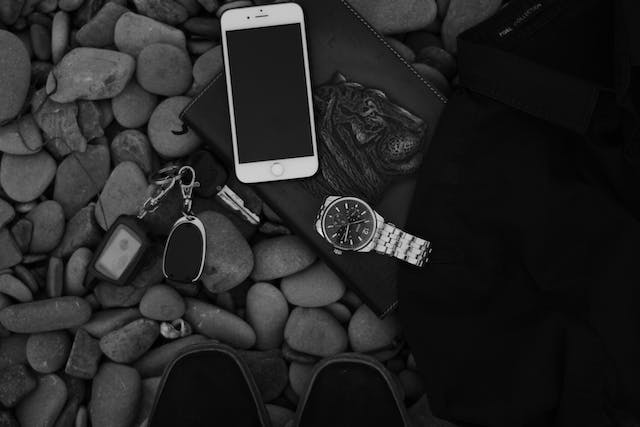Preparing for unpredictable circumstances
You can bet that preppers would often anticipate any unforeseen circumstances. They would often get themselves prepared, and also towards their own automobiles, so that when disaster strikes and when they have to leave quickly by driving away, they have all the essentials with them.
Preppers, whether veteran or first-timers, would make a checklist of the things of the basic items that they could carry inside their automobiles. Not only on the basic necessities that they should be concerned about, but also the condition of their own vehicles.
Keeping your car in tip-top shape
Before everything else, of course you should always take care of your vehicle. Do a routine maintenance on your vehicle regularly — change the oils, tire rotations, and such related things. You should store at least a half tank of gas at all times as well.
If you have a vehicle that you don’t use that frequently, like a bug-out vehicle or a Jeep, you should operate and drive it even just occasionally or every once in a week perhaps, to ensure that you keep your vehicle in good running condition. Be sure to check out tooleyimports.com.au for parts.
The essential items
Here is the list of items you should include and keep in your vehicle in times of emergency. If feasible, you should keep and store these items in air-tight, water-proof containers. It’s best that you should keep your items organized and easily accessible in times of emergency.
Prepping Your Car for Cold Weather
1. Water
One of the most important items. Carrying a bottle of water in work, school, or in everyday outdoor activities is an everyday reality for most of us. However, very few people such as the preppers have this mental preparedness to store bottles of water inside a car, eventhough we all know that it’s the most obvious item in an emergency. Dehydration, even a slight one, can cause fatigue, tiredness, or even extremely dangerous conditions, especially if you’re behind the wheel. However, it’s not just you who needs water, but your car does too. When your vehicle overheats, that is the time it needs some H2O.
2. Extra fuel
As implied above, you should always keep your gas tank at least half-full. Also, you can store your extra fuel in appoved gas cans.
3. Food
Bring food items that are easy to prepare such as camping meals, and instant foodstuffs likr noodles, coffee, milk powders, and chocolate powder mix, that will only require hot water. Also bring “meals ready to eat” (MRE’s), food bars, and canned goods.
if the food is canned, bring a can opener. Or in case your can opener would be lost or broken during times of emergency, you should also learn some tricks on how to open a canned food without the aid of a can opener and by using other tools such as:
– Bread knife
– Concrete/rock or knife
– Pocket knife
– Hammer and chisel
4. First aid kit
In many areas, a first aid kit is a mandatory item. However, just because a first aid kit is not required in the place where you live doesn’t mean you don’t need to carry one. It’s always better to be prepared for the worst, so a first-aid kid is an important part of emergency preparedness. Here’s a list of standard items in a first-aid kit:
- a container made of metal, wood or plastic to store first-aid essentials along with a fitted cover
- first aid booklet (that should include CPR instructions)
- prescribed medicines
- adhesives
- ammonia
- bicarbonate of soda
- calamine lotion for insect bites, sunburn, or any shallow burns
- medicines for diarrhea
- hydrogen peroxide
- any substances that induce vomiting such as ipecac syrup
- sharp items such as knives and razor blades
- matches
- paper bags
- needles
- thermometer
- tweezers
- prescriptions
- if necessary, also carry critical family histories
- consecrated oil
And that’s not all. You also need to have an additional first aid-kit to carry other essentials such as medications for children (if you have small children in particular or children with special conditions), allergy medication, antiseptic wipes, feminine hygiene items (napkins, pantyliners, feminine wash or wet wipes), hand sanitizer, snake bite first aid kit, water purification tablets, cottons and cotton balls, band-aids, and many others.
Other essentials
- money
- emergency flashlight (if possible, one that does not require batteries)
- car insurance
- shovel
- strong, sturdy rope or chain
- sleeping bag
- hand warmers
- important documents

